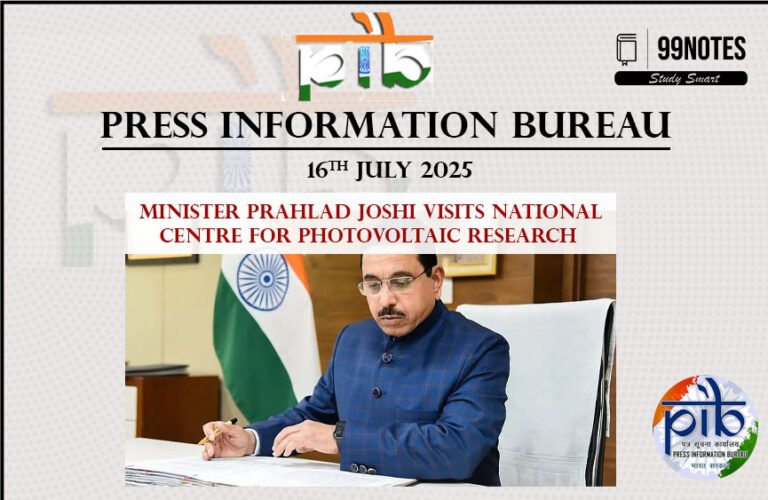01 July 2025: Indian Express Editorial Analysis
1. Secular
(Source: Editorial Page, The Indian Express)
| Topic: GS1 (Indian Society), GS2 (Polity – Constitution and Secularism) |
| Context |
|
Historical Significance
-
The word ‘secular’ was added to the Preamble of the Constitution by the 42nd Amendment Act of 1976.
-
Despite being absent in original text, secularism was implicitly embedded in the spirit of the Constitution through fundamental rights and directive principles.
-
The term represents the idea of equal treatment of all religions by the State, not anti-religion.
Present-Day Erosion
- Increasing communal rhetoric in political discourse and electoral strategies undermines secular values.
- Public institutions and discourse often normalize religious symbolism in official spaces, diluting the secular ethos.
- Judicial silence or selective interpretations have raised concerns regarding constitutional morality.
Role of Institutions
-
Election Commission, Judiciary, and Civil Society have the responsibility to uphold constitutional values.
-
Constitutional secularism needs active safeguarding in the face of rising majoritarianism.
Way Forward
-
Civic education on secularism must be mainstreamed, particularly among youth.
-
Public officials and elected leaders must lead by example in maintaining neutrality in religious matters.
-
Protecting the secular character of India is essential to maintaining unity in diversity.
| Practice Question: (GS-2 | 15 Marks | 250 Words)
In the context of increasing religious polarization, examine the constitutional and institutional safeguards that uphold secularism in India. How can these be made more effective? |
Also Read: The Hindu Editorial Analysis- 01 June 2025
2. The Receding Future
(Source: Editorial Page, The Indian Express)
| Topic: GS3 (Environment, Climate Change, Economy) |
| Context |
|
Climate Crisis and Development
-
India is facing increasing climate-related disasters: heatwaves, floods, cyclones, water stress.
-
Despite this, climate adaptation and mitigation efforts are not central to planning at national or state levels.
-
Economic growth continues to be prioritized over environmental resilience.
- Policies often remain reactive instead of anticipatory.
- Ministries work in silos—lack of integration between environment, agriculture, water, and urban development.
- Public infrastructure (like housing or transport) is not being climate-proofed in most regions.
-
India needs dedicated climate-risk governance structures, especially in urban planning.
-
Climate change must be made a central concern in budgeting and project clearances.
-
Public-private partnerships can aid in sustainable innovation and renewable transitions.
-
Build climate-resilient infrastructure across states, especially coastal and hilly areas.
-
Incentivize low-carbon industries and adopt nature-based solutions.
-
Include climate education and awareness in mainstream discourse and academic syllab
|
Practice Question: (GS-3 | 10 Marks | 150 Words) |
Read more – 30 June 2025 : Indian Express Editorial Analysis



